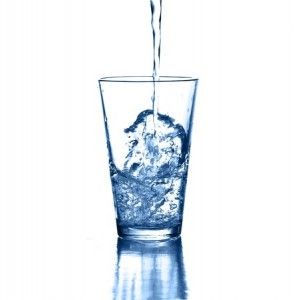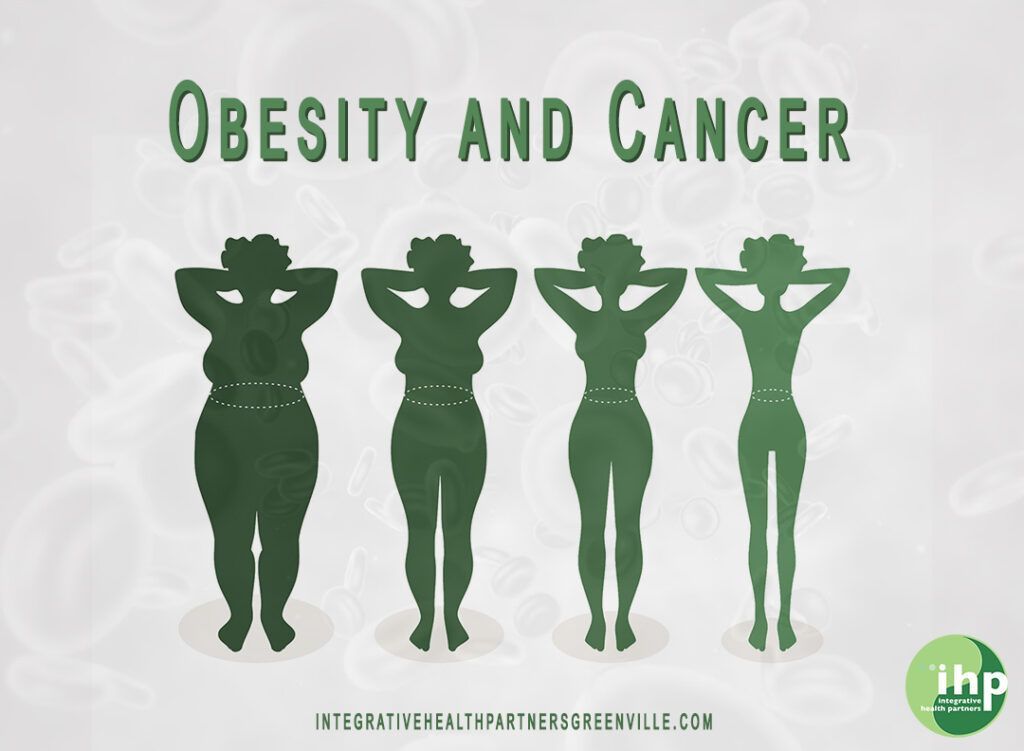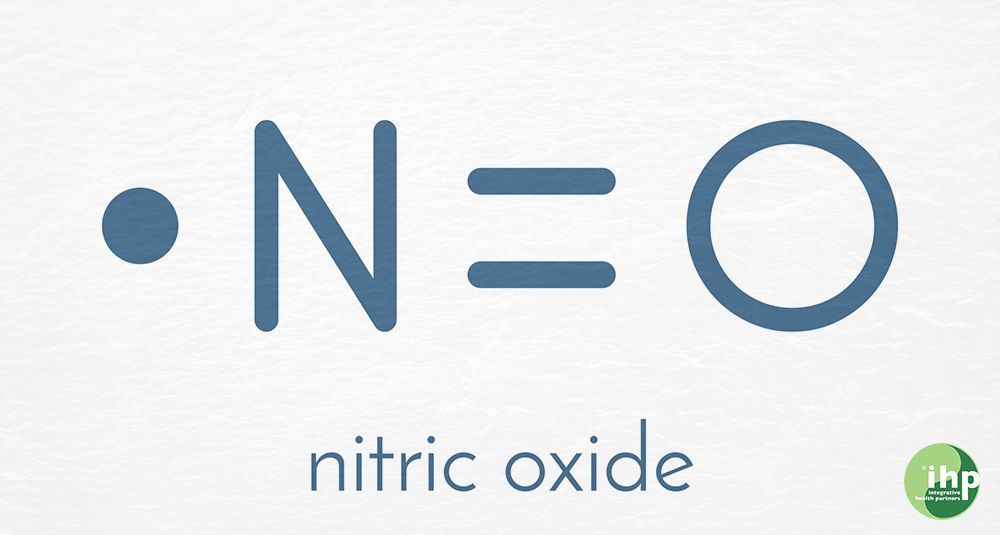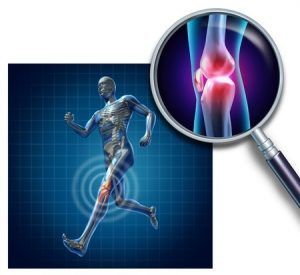Weekly Digestive Health Blog (Hydration)
Maintaining good hydration is an important part of digestive health. Many digestive functions depend on proper amounts of fluids in your body. Adequate hydration is important to the production of saliva, stomach acid, pancreatic fluids, bile production, and other digestive juices. It is also important for proper bowel flow as stool that becomes dehydrated too quickly becomes hard to pass.
Don’t be misled by health fads that suggest you have to drink large amounts of water all day long even if you aren’t thirsty. Many people carry large containers of water with them and even show up at my office carrying a gallon of water. Like many things, too much water can be just as unhealthy as drinking to little. Drinking large volumes of water all day long puts a strain on your kidneys and causes a of vital loss of vital mineral electrolytes from your blood.

Your goal should be to drink whatever amount is necessary for you to prevent mild dehydration. Pure water is the best fluid for re-hydrating the body. At the other end of the range are alcoholic drinks which cause dehydration as your body tries to get rid of the alcohol through causing urination. Other fluids like juices and teas fall somewhere in the middle, having some hydrating ability though not as good as water. Soft drinks have probably some of the most negative consequences as they are full of sugar or synthetic sweeteners (many of which have been branded neuro-toxins) and carbonic acid, which causes minerals, including calcium, to leach out of your bones. Can you say osteoporosis? So what should you take away from this? Pace yourself through the day, taking in regular fluids but not to the extent that it causes you to feel like you are urinating frequently all day long.






